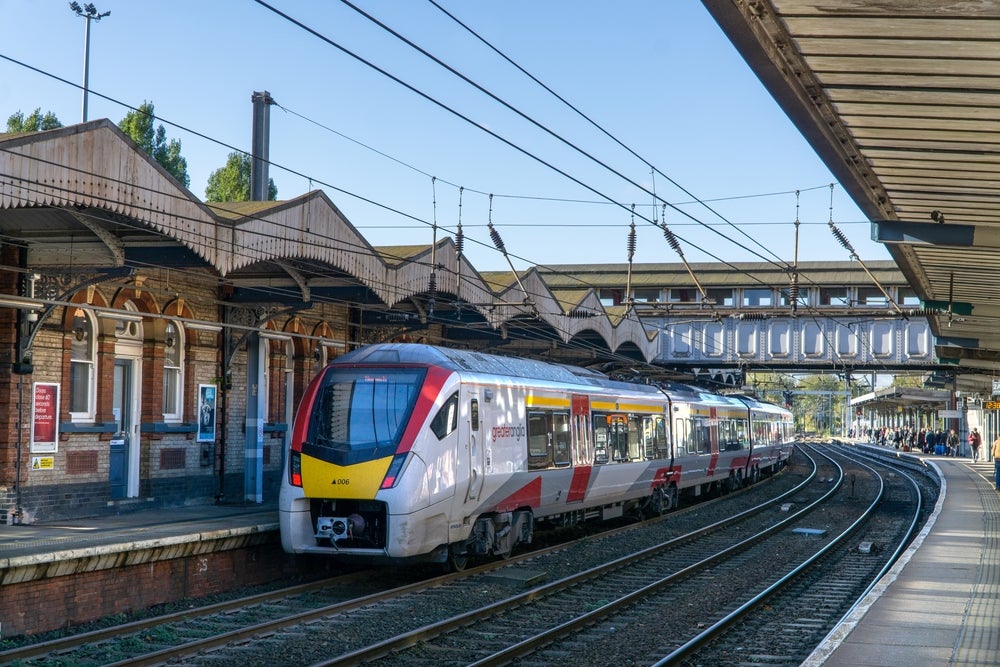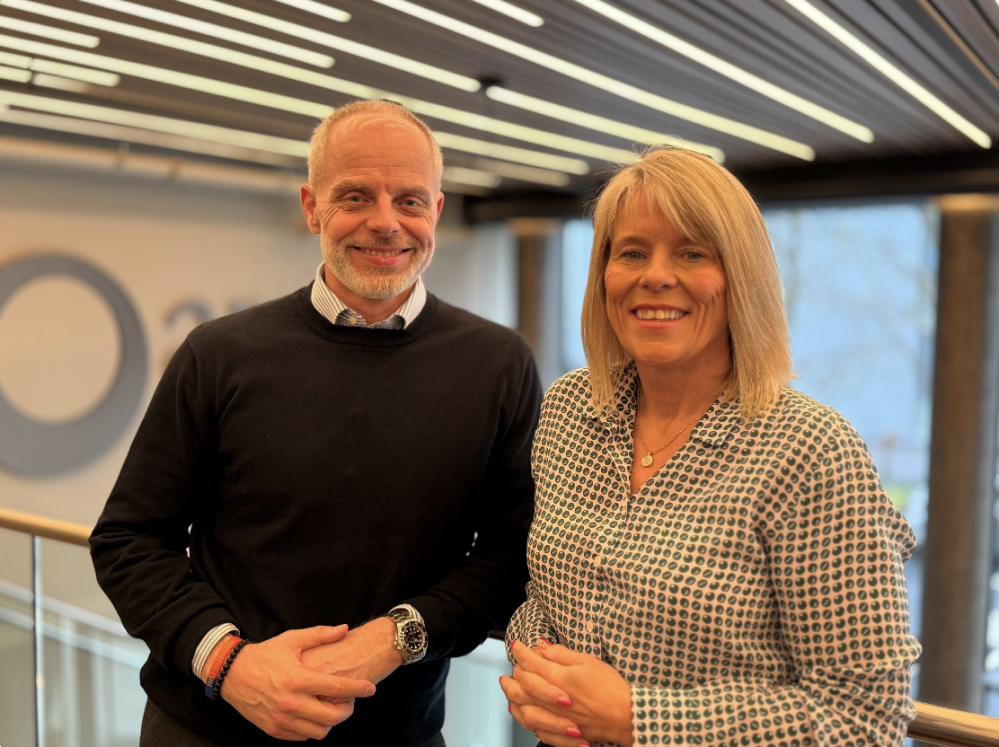The King’s Speech at the State Opening of Parliament has signalled a significant shift in Britain’s railway sector, with Labour’s reform agenda aiming to renationalise passenger rail services. Labour plans to complete this transformation by 2029, leveraging break clauses in existing contracts to accelerate the process.
The forthcoming legislation will also establish Great British Railways (GBR) as a new public body to oversee the country’s railways. This transition aims to improve service quality, enhance productivity, and reduce costs by eliminating fees paid to private operators.
Privatisation & ROSCOs
The privatisation of the UK’s railway system in the 1990s under John Major’s government resulted in the establishment of train operating companies (TOCs) and rolling stock companies (ROSCOs). TOCs were created to operate specific routes under franchise agreements. However, in September 2020, amid the Covid-19 pandemic and after 24 years, the government announced plans to terminate franchises for UK rail. Meanwhile, ROSCOs which were established to own the passenger carriages and engines leased to TOCs, continue to operate in this capacity.
The pandemic lockdowns heavily impacted the profitability of TOCs, with revenues collapsing and government subsidies stepping in to keep the sector afloat.
According to Parliament’s Public Accounts Committee, passenger train companies received £4.4 billion in subsidies in the 12 months up to March 2023, the latest year for which data is available. This amount marked a significant decrease from the £11.7 billion provided by taxpayers to support the passenger rail industry during the financial year 2020-21. In contrast, in pre-Covid 2019, passenger train companies required just £1.7 billion in subsidies.
In contrast, ROSCOs have thrived. According to the Office of Rail and Road (ORR), ROSCOs paid £409.7m in dividends in 2022-23, with profit margins soaring to 41.6%, as cited in The Guardian. These companies have benefited from “hell or high water” clauses in their contracts, ensuring lease payments continue despite falling passenger revenues.
Financial analysis by the ORR highlights that leasing costs for train operators fell slightly to £3.1bn last year but remain nearly 30% higher than five years ago, The Guardian reported in February this year.
The substantial profit margins and dividends of ROSCOs reflect a corporate arrangement where risks are socialised, and rewards are privatised. With taxpayer subsidies twice as high as pre-pandemic levels, the public effectively underwrites the £3.1bn spent annually on leasing trains.
The three main ROSCOs — Eversholt, Porterbrook, and Angel Trains — were created during privatisation and maintain their dominance today despite government efforts to bring in competition.
Rail union RMT’s research for the first full year of the pandemic indicates that Angel, Eversholt, and Porterbrook paid out £950m in dividends during 2020-21, despite significant taxpayer support to the industry. Much of these dividends went to overseas entities based in Luxembourg and Jersey. £950m is equivalent to 50% of the passenger revenue generated during the year.
As Labour moves towards nationalising TOCs, the public purse continues to subsidise ROSCOs' profits and dividends, suggesting these firms are prime candidates for nationalisation. However, the political appetite for such action is lacking. Keir Starmer's Labour prefers to address the widespread 'market failures' exhibited by TOCs in recent years.
However, under the existing arrangements railway leasing firms enjoy a highly advantageous position, and given the high entry costs for ROSCOs, a degree of competitive protection and unwarranted public subsidy.
Labour’s renationalisation efforts should focus on these rolling stock companies. By targeting ROSCOs, the government could reclaim a substantial portion of public funds currently diverted to private profits. This approach would ensure that the benefits of public ownership extend beyond operational services to include the assets and infrastructure critical to the railway system.
Renationalising ROSCOs would address the core inefficiencies and inequities in the current setup, providing a more sustainable and equitable future for Britain’s railways. It’s time to reconsider the distribution of risks and rewards in the railway sector, ensuring that public funds serve public interests.
Who owns the trains? ROSCOs and repatriated profits
UK rail reform draft bill unlikely to impact ROSCO credit profiles: Fitch








